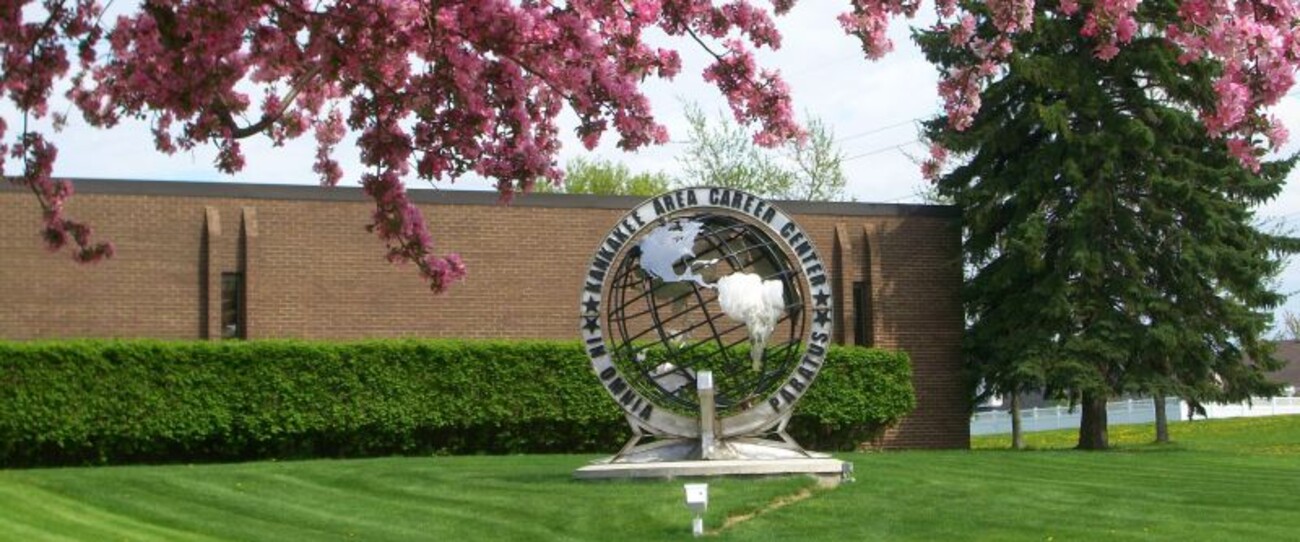Multimedia Production Program Information
The Multimedia Production Program at KACC is a new learning experience for creative and media-minded students. In Multimedia Video Production, students learn strong skills in media literacy, photography, videography, editing, marketing, and entrepreneurship.
For photography, students learn how DSLR cameras function and how to use them in manual mode, a preferred method by most professionals. They also learn to perform advanced editing in Adobe Lightroom and Photoshop.
When it comes to Videography, students learn lighting, audio, and video techniques to create videos in various environments. Students utilize tripods, gimbals, drones, and other cutting-edge equipment to create professional videos.
Multimedia Production takes the knowledge and skills accumulated and applies them in professional practices. Students will learn how to professionally communicate, meet, and invoice to become hirable content creators in their chosen career path.
Some of the skills students will learn include:
- Manual Photography
- Portrait Photo
- Lighting
- Audio Production
- Drone Photography
- Drone Videography
This program will combine the development of important traits (critical thinking, logic and problem-solving, effective communication, finance, adapting to changing technology, and applying new skills) with students having an opportunity to learn and utilize professional multimedia techniques, including:
- Camera Techniques
- Digital Video Editing/Signage
- Trade Standards
- Script Writing/Story Boarding
- Lighting/Audio
- Direction/Production
Review the Multimedia Video Production sections below:
Questions on Multimedia Video Production? Contact KACC Today!
Multimedia Video Production College Credits*
KACC's Automotive Technology curriculum has been designed to include college-level material each year. Students completing two years in this program can earn credits at either Kankakee Community College or Prairie State College.
* Dual College Credits are subject to change (last reviewed Sep 2023). Please email KACC for more information.
|
Prairie State College |
|---|
|
Multimedia Video Production Requirements & Costs*
* Requirements & Costs are subject to change (last reviewed Sep 2023). Please email KACC for more information.
|
|
|
Multimedia Video Production Career Opportunities
Several career opportunities exist for students who complete the Multimedia Video Production program. Here are a few examples.
|
|
|
|
|
Multimedia Video Production Personal Qualities
Students can enhance their experience in the Multimedia Video Production program by possessing the following key personal qualities.
|
|
|
|
|
Schoolwide KACC Training
Significant benefits are available to students who remain focused and diligent at KACC. The staff at KACC enjoys supporting our youth in achieving their dreams beyond high school. We have established the following to assist our community to flourish post-high school years. Please review our Workplace Excellence Badges, Career Coaching, and Specific Benefits Gained Through KACC sections below.
Workplace Excellence Soft/Essential Skill Badges Earned
|
|
|
|
|
|
|
|
|
|
|
Career Coaching
|
|
|
|
|
|
|
|
|
|
Specific Benefits Gained Through KACC
|
|
|
|
|
|
|
|
Questions on Multimedia Video Production? Contact KACC Today!


